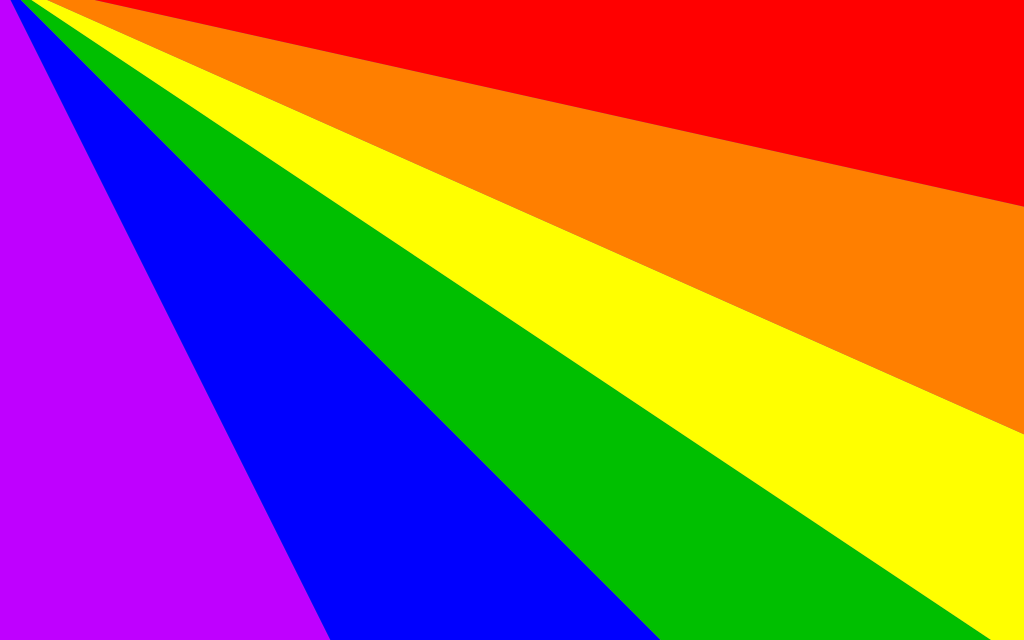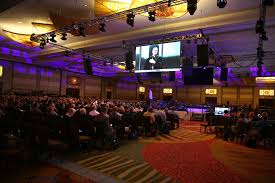Following Trump’s election, there was a lot of talk about the “different Americas” that exist simultaneously but have so little contact with each other. Books like Hillbilly Elegy rightly became best sellers because they offered a sympathetic glimpse into a different America: white, working class America. Class by Lucinda Rosenfeld serves a similar function under the guise of a satirical novel. While this is certainly no Hillbilly Elegy, it deserves to be read.
Class is a scathing fictional look at the urban upper-middle class. It is not a piece of scholarship. It is not even great literature. But it is definitely an open-eyed enough look at the so-called “liberal bubble” that it merits reading. From the chic “slow-flow” coffee shops and artisan ice cream stores with flavors like mint lemon grass, to the furtive internet shopping for interior design, to the agony over school choice, liberals will see themselves clearly in this novel.
The picture Rosenfeld paints of the upper-middle class is marked by one important characteristic: anxiety. Another piece entitled Class, by the late great Paul Fussell made a similar point. While the rich are comfortable and untouchable in their wealth, and the “prols” are comfortable and untouchable with their Nascar and fast food, the middle class is an anxiety-riddled class, striving desperately to move up the latter, to keep up with the Jonses, and to distinguish themselves as something other than “prol.” Thus the middle class depends on the cultivation of a facade that makes them look rich without demanding that they are rich.
But the anxiety over money, while ever-present, is not really at the heart of class anxiety. Really, the greatest anxiety concerns culture. Rosenfeld is great here. The struggle over what food to buy (organic, locally-sourced, natural) or language (what is “politically correct”) or locale (is it wrong to live in a gentrified neighborhood) are all real struggles to self-consciously create a culture that the upper-middle class can be comfortable with and proud of. This struggle is marked by anxiety because of the impossibility of creating such a culture that is beyond moral reproach. For example, the liberal bubble has tolerance anxiety, wanting to create a culture based on a radical acceptance of all people from all walks of life, but anxious for all the reasons that it is unable to do so. There are some funny parts in the book that point this out: a rich elementary school paying thousands of dollars for education about a transgender student, for example, while a poor and mostly-minority school down the street fires its librarian due to lack of funding.
The protagonist, Karen Kipple, not only points to this anxiety but realizes she can’t win. Her primary struggle is over school choice. Her daughter is in a minority-dominated public school marked by white flight as upper-middle white parents go through enormous hoops to get their kids placed at a school where they will get the best education. Karen sees clearly that a major factor here is race and is torn between her desire to be racially-sensitive and her competing desire to do what she sees as best for her daughter. And in this issue, Rosenfeld reveals that for all the upper-middle class’s self-conscious moralizing, there is some serious hypocrisy at work. Karen begins to realize that despite the commitment to values like tolerance and diversity, the liberal bubble is self-segregating with an elitism that only partially masks the intolerance the upper-middle finds so distasteful.
This is a novel and as a satire, it is not necessarily solution-oriented, but one of the morals of the book is that true diversity—racial, socio-economic, cultural—is a good thing, that contact with other groups is a good thing. It is good to live with and among people who don’t share all of our values, who eat differently, talk differently, listen to different music. This contact with people who are truly different, though, is precisely what is difficult to achieve. We self-sort socioeconomically, certainly, but we also do so politically. With little contact with those on the other side, it is easy to caricature. And easy to demean. For the upper-middle liberal bubble, a little self-knowledge is necessary if that diversity is to be achieved. And self-knowledge is what Class aims at.




